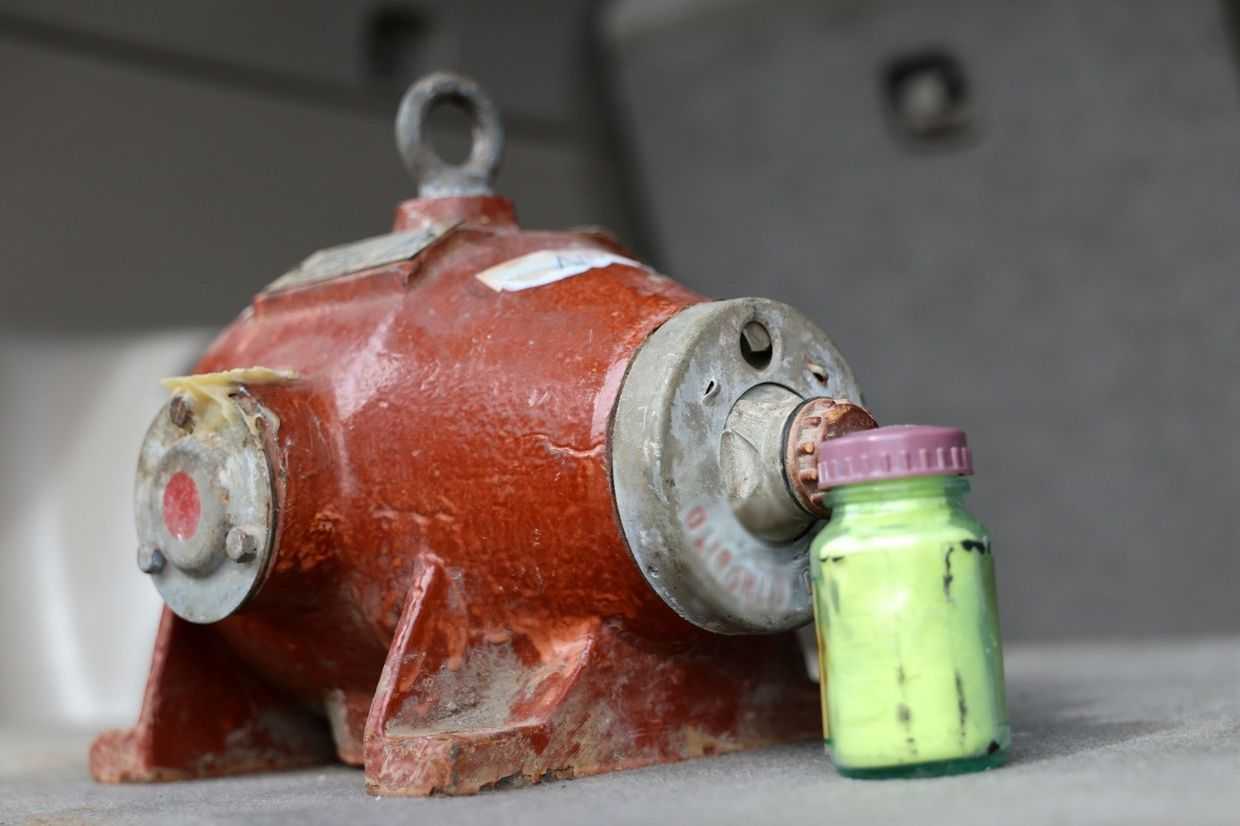
The initial version of the article did not include Kvareli Baga’s statement, which the company released later on Wednesday evening.
An investigative report by RFE/RL has revealed that the largest raw milk-producing farm in Georgia, which sells milk to a number of major dairy product manufacturers, has been feeding chicken faeces to their cows. The article also covered a legal dispute between the farm and the company supplying the manure, which potentially involves political motives.
According to the investigation, Lasha Papashvili, the owner of the Kvareli Baga farm, located in Georgia’s eastern Kvareli Municipality, reached an agreement in summer 2018 with Chirina, the largest poultry meat producer in Georgia, to purchase chicken manure.
The report stated that over the course of a year, Kvareli Baga purchased 2,700 tonnes of raw, unprocessed chicken manure from Chirina.
However, a year after the deal, the farm took the company to court, claiming that the chicken manure it had purchased and fed to the cows contained antibiotics. As a result, according to Kvareli Baga’s claims, the cows died, and tonnes of milk were spoiled.
Thus, it was revealed that the farm was mixing chicken manure into the cows’ feed. According to court documents, each cow consumed approximately 6–7 kilogrammes of chicken manure per day.
Papashvili’s company demanded nearly ₾5 million ($ 1.8 million) in compensation from Chirina, including: ₾65,000 ($24,00) for spoiled milk; ₾1.6 million ($600,000) for the dead cows, and ₾3 million ($1.1 million) for lost revenue.
In turn, Chirina rejected the farm’s claims, arguing that it had sold the chicken manure as fertiliser, not as cattle feed.
Kvareli Baga has been supplying milk for years to major companies in the Georgian market, including Soplis Nobati, Sante, and the upscale grocery chain Agrohub — as well as its subsidiary dairy production facility, Milk Laboratory.
According to RFE/RL, in 2020, a court in Rustavi ordered Chirina to compensate only for the spoiled milk, stating that there was no clear evidence linking the company to the cattle deaths.
Both parties appealed the ruling, after which the appellate court sent the case back to Rustavi. After a prolonged legal process, in March 2024, Kvareli Baga withdrew its lawsuit from the Rustavi court, refiling it two months later in Tbilisi City Court.
The Tbilisi court, which resolved the case in just seven months, ruled entirely in favor of Kvareli Baga, ordering Chirina to pay nearly ₾5 million ($1.8 million) in compensation.
Chirina not only emphasised that they had not sold the manure as animal feed, but also denied using the specific antibiotic (tetracycline) in its poultry farm, which Kvareli Baga accused the company of using.
A politically biased trial?
Both Vashakidze and Papashvili have publicly expressed their political views, which some believe affected the court’s ruling.
Papashvili is a vocal supporter of the ruling Georgian Dream party, while Vashakidze has openly criticised Georgian Dream for decisions that, in his view, ‘distance Georgia from Europe and the United States’, as well as for the violent crackdown on protesters in Tbilisi.
According to a source of RFE/RL, the Tbilisi judge who ruled in favor of Kvareli Baga is linked to a group of government-affiliated judges, whom critics often referred to as the ‘judicial clan’.
Following the case’s conclusion, Vashakidze claimed that the case was ‘prearranged with the judge’ and that ‘this is extortion through the courts’.
Papashvili denied the allegations, stating that he is still willing to negotiate with Vashakidze outside of court, either with the involvement of a mediator or ‘as a businessperson to a businessperson’.
Why was chicken manure being used as cattle feed?
The story of milk being contaminated with faeces received widespread attention on social media, given that milk from Kvareli Baga’s clients is sold abundantly across Georgia.
According to RFE/RL, the farm’s veterinarian told the court that ‘feeding cattle with chicken manure is a globally approved method’. This is in contrast to the EU, which banned the use of manure as animal feed about 20 years ago. A similar regulation came into effect in Georgia in 2023.
The reason for the relevant EU directive was the spread of disease and death among cattle and humans due to animal feed, including chicken manure.
Papashvili himself told RFE/RL that the European Commission lifted the ban in 2021, but journalists working on the investigation found that the use of manure as cattle feed remains banned in EU countries. The changes Papashvili referred to applied only to pigs.
Following the investigation, the companies that purchased milk from Kvareli Baga issued statements, claiming that their standards were high, and that they strictly monitored the quality of the milk. However, the texts did not specify whether the companies have kept buying milk from Kvareli Baga, nor did they clarify whether they were aware that Kvareli Baga was using manure to feed their cows.
Statement from Kvareli Baga
Responding the RFE/RL report, Kvareli Baga stated that the farm’s feeding regimen included processed chicken waste in 2018-2019, ‘taking into account practices in Israel’, as the company was managed by a veterinary professor invited from Israel between 2015 and 2020.
The farm administration also claimed that as soon as traces of antibiotics were detected in 2019, cooperation with Chirina was terminated, and chicken waste was no longer used in Kvareli Baga's feeding regimen. They further asserted that the ‘contaminated milk’ was never released into production and was destroyed.









